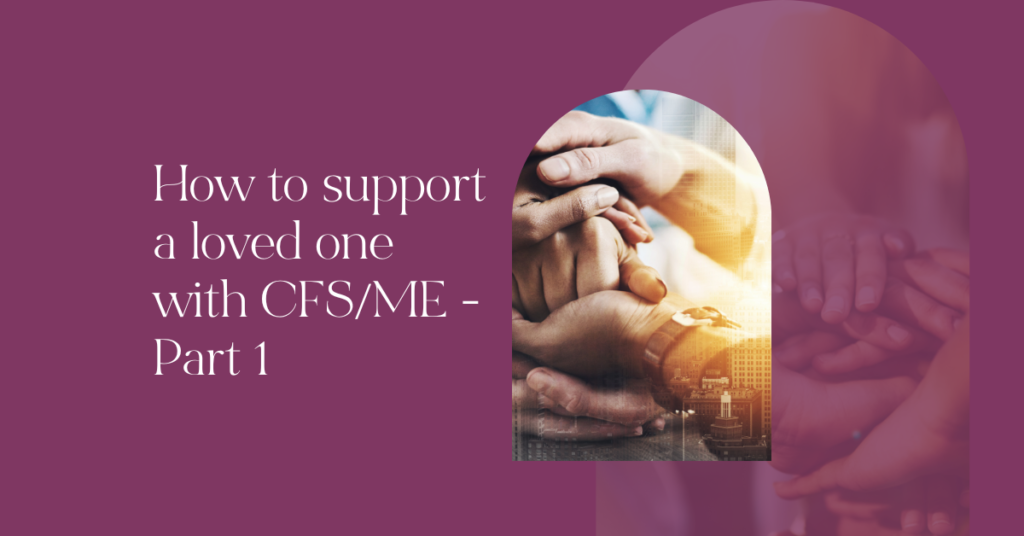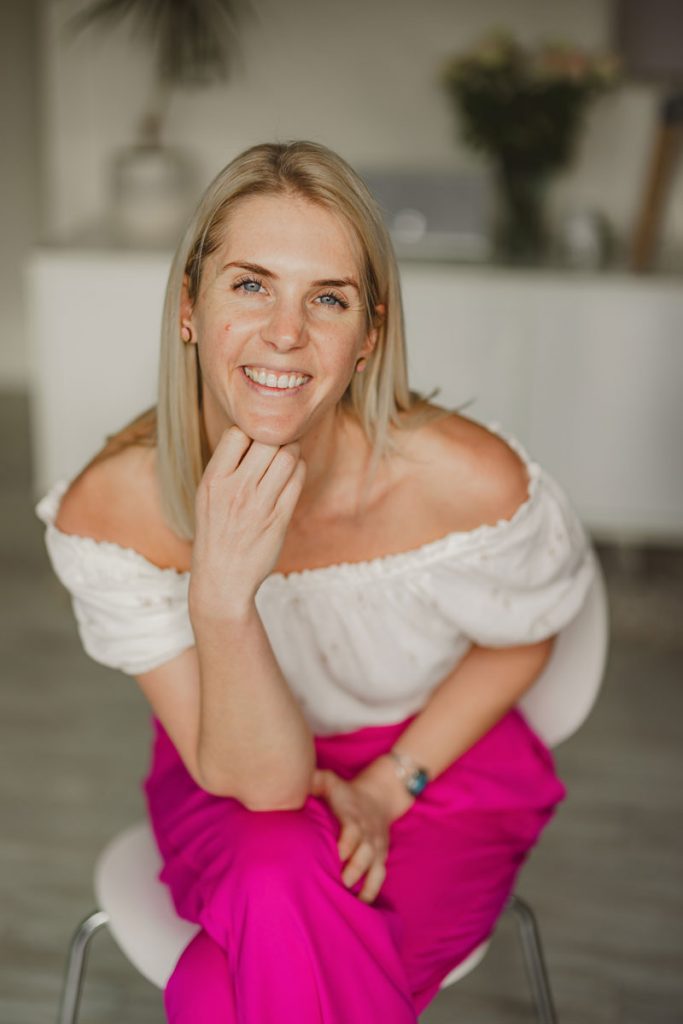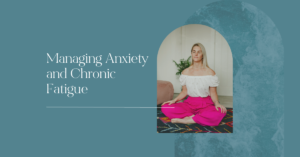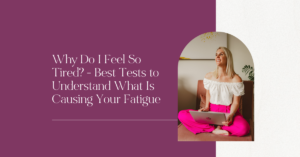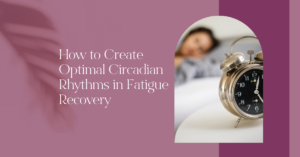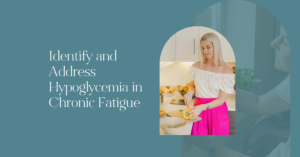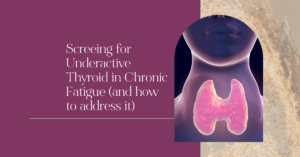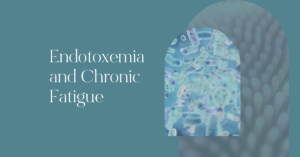This blog series has two main intentions:
- To help the loved ones of those experiencing a chronic illness understand how they can be more supportive.
- To help those who are experiencing a chronic illness to communicate their needs better and allow themselves to receive more help and support in the ways that are meaningful to them.
Whether you are the Supporter or the Illness Experiencer, I suggest that you read the whole series because feeling under supported is not a CFS/ME/Chronic Illness problem. Rather it is a human problem which is highlighted by the intensity of the Chronic Illness Experience. We are both the supporter and the supported in different ways, in different aspects of our lives.
Therefore everything I share here may be valuable to both parties.
Before you read further…
No one likes being told what to do, or that they are doing it wrong or messing up. Whatever the context, it is ultimately received as…
“I am not good enough and if I am not good enough I will not be loved.” (which is one of our deepest human needs)
Therefore, as you read on you may notice reactions to what you are reading:
- Defensiveness
- Anger
- Frustration
- Avoidance (not wanting to continue reading)
- Projection e.g. this is for “other people” not me
- Numbing or checking out
- Judgement, shame or blame of self or other
All of the above are signs of dysregulation and if you notice them my encouragement is to slow down, take some space, do something that helps you soothe and settle.
My encouragement is that you proceed with a curious mind. Understand that none of us are perfect, we all have our “faults” but through the willingness to self-enquire we can strengthen ourselves, strengthen our relationships and cultivate more love and connection in our lives.
There is no hierarchy when it comes to pain
Having a chronic illness experience disrupts one’s life in every possible way; physically, mentally, emotionally, socially, financially, relationally and so on…
This is true for both the person experiencing the illness and the closest family members (i.e. the supporters).
When someone becomes ill, the relationship changes. You can no longer do the same things together, perhaps the things you connected and bonded over before are no longer an option. There may be changes in family dynamics, routines, increased financial pressure or losses.
Both parties will grieve the loss that comes with the change in circumstance and although one person may also be suffering the loss of their health and everything that comes with that, everyone is in pain.
In the human body, pain is pain. There is no hierarchy. One person’s pain is not more important than another’s and therefore everyone involved needs to be supported with processing the loss and grief.
While both the supporter and the supported / illness experiencer are in the depths of their grief, they are likely not going to be the best pillars of support for each other. This doesn’t mean that they cannot support each other but they may also need to seek their own support outside of the relationship. This could look like:
- A therapist
- A counsellor
- Meditation Class
- Journalling
- Yoga
- Reading Books
- Taking a course
- Breathwork
What you choose will be dependent on your budget and your preferences but you must find a way to support yourself.
Personal Story: Hindsight is 20:20 and having made so many mistakes in my journey I can now see how I could have done better. I spent the first year of my CFS experience in the denial stage of grief. Denial is a protective state; it protects us from experiencing the full reality of our situation and therefore the enormity of grief. At the time I had a sense that I needed someone, outside of my relationship with my husband, to support me, but I didn’t really know who to turn to. I now have an amazing somatic therapist who I only wish I had found 4 years ago.
Relationship Stress Tests
Chronic illness comes with many many challenges and it is tempting to want to blame the illness for how relationships break down or change.
Yes, circumstances do change when someone becomes ill and yes, these changes can add extra challenges and…
My encouragement is to see illness as merely a stressor that has revealed the weaknesses or if you prefer a more empowering perspective; the opportunities for growth.
This might be one of those parts which is hard to digest.
Life has ups and downs, trials and tribulations, grief, loss, financial hardship, disastrous events and illness.
It is easy for it to feel like everything is going well when life is running smoothly. But it is in the challenging times that the chinks in the armour are revealed.
The problems, or challenges were there all along, but someone getting ill, just made them more visible.
And when these weak spots reveal themselves, instead of blaming, shaming or withdrawing, I would encourage you to think of them as “Growth Opportunities”.
Both the Supporter and the Supported have growing to do. The dynamic is often as follows:
The Supported; is probably not good at asking for help or communicating their needs. Feels misunderstood and may withdraw as a coping mechanism when needs are not met or understood. This increases disconnection in the relationship and enhances feelings of lack of support.
The Supporter; wants to help but doesn’t know how. They may feel uncomfortable with the pain of the Supported and therefore there can be:
- A tendency to want to “fix” things to ease their own discomfort.
- Emotional withdrawal or avoidance due to overwhelm
For the most part the Supported just wants connection and to feel less alone but “fixing” skips over the emotional attunement that the Supported is craving.
The Supporter may feel rejected when their bid to help doesn’t land and may withdraw to avoid further rejection. This increases disconnection in the relationship and enhances feelings of lack of support.
The end result is two people moving further and further away from each other at a time when they need each other most.
What do you do to break the cycle? I will touch on shortly, but first, the survey results…
Survey Results
When researching this piece of work I surveyed my instagram account asking several questions.
Question 1: Do your loved ones support you in your recovery journey?
- 39% said “Mostly Yes”
- 32% said “Mostly No”
- 29% said “I feel supported by not as much as I would like”.
The results imply that 61% of participants felt under supported in their fatigue recovery. What this data doesn’t say is; it is the supporters fault.
Feeling under supported can be a consequence of lack of support, but it can also be due to miscommunication, inability to ask for help or inability to receive the support that is being offered. This is not to point fingers at the supporter either, but rather to encourage the idea that both parties need to work together as a team.
Question 2: What Stops You Feeling Supported?
- 21% said “I don’t feel understood generally”
- 24% said “Lack of understanding about fatigue specifically”
- 12% said “I’m not good at asking for help”
- 43% said “all of the above”
I’d like to go into these in a little more detail, but first question 3…
Question 3: What Type Of Support Do You Need Most?
- 36% said “Emotional Attunement and Holding”
- 24% said “More help with physical tasks around the home”
- 6% said “Financial support”
- 34% said “Moral support and encouragement to heal”
Although almost a quarter of the responders said they wanted more physical support, the majority (36%+34% = 70%) were asking for something that isn’t tangible and needs to be felt.
Emotional Attunement
Attunement is being aware of and responding to the emotions of another person and is the process by which we form close relationships. It is that essential component that allows us to feel close and connected to others. I would argue that emotional attunement is the gateway to feeling understood (what 64% of question 2 responders voted for).
Given the definition above, most responders just wanted to feel a sense of connection. They wanted to be seen on a deeper level, they wanted to be understood and they wanted someone who could hold space for their experience.
To hold space means to be fully present and to witness someone without the need to fix, change or interfere with their experience.
It is the difference between expressing; this is really hard and I feel scared and alone.
And receiving:
What about that practitioner you spoke to last week?
Do you think you just need to push through?
Maybe you should go back to the doctor again.
Have you been taking your supplements?
(i.e. skipping over the emotion and going straight to solution to “fix”)
Compared to: I cannot even imagine how hard this is. I see you showing up every day doing your best. I’m here for you. Did you want to tell me more about your fears?
(i.e. attunement, enquiry, a bid for connection).
Emotional Attunement is the essence of what I teach in my Nurturing Resilience Program and here is the one of the most important things you’ll want to know; unless you can do this for yourself, you cannot do it for another.
Translated into the context for this blog this means:
The Supporter must first learn to connect with and hold space for their own experiences before they can do this for another.
The Supported must learn to connect and hold space for their experiences and also learn to feel safe, witnessed and understood by another.
What I am talking about here is nervous system work and it is not only applicable to the individual experiencing the illness but the Supporter too!
Nervous System Work
It is beyond the scope of this blog to go into detail about the in’s and out’s of the nervous system for two reasons:
Reason 1: I want to focus on the main topic which is supporting a loved one.
Reason 2: You can read as many blogs as you like about the nervous system but to learn to work with your own requires practise and not theory. You don’t have to explore this with me, but as you are here now, if you do want to take this further you could join the next “Getting To Know Your Nervous System” Workshop (which is free) or join the next round of Nurturing Resilience or take the self study course.
Stay Tuned
When I surveyed my audience and asked them how they would like to receive this information they said in a series of shorter blogs. So stay tuned for part two where I’ll share more on attachment styles and how they influence how we give and receive support.

